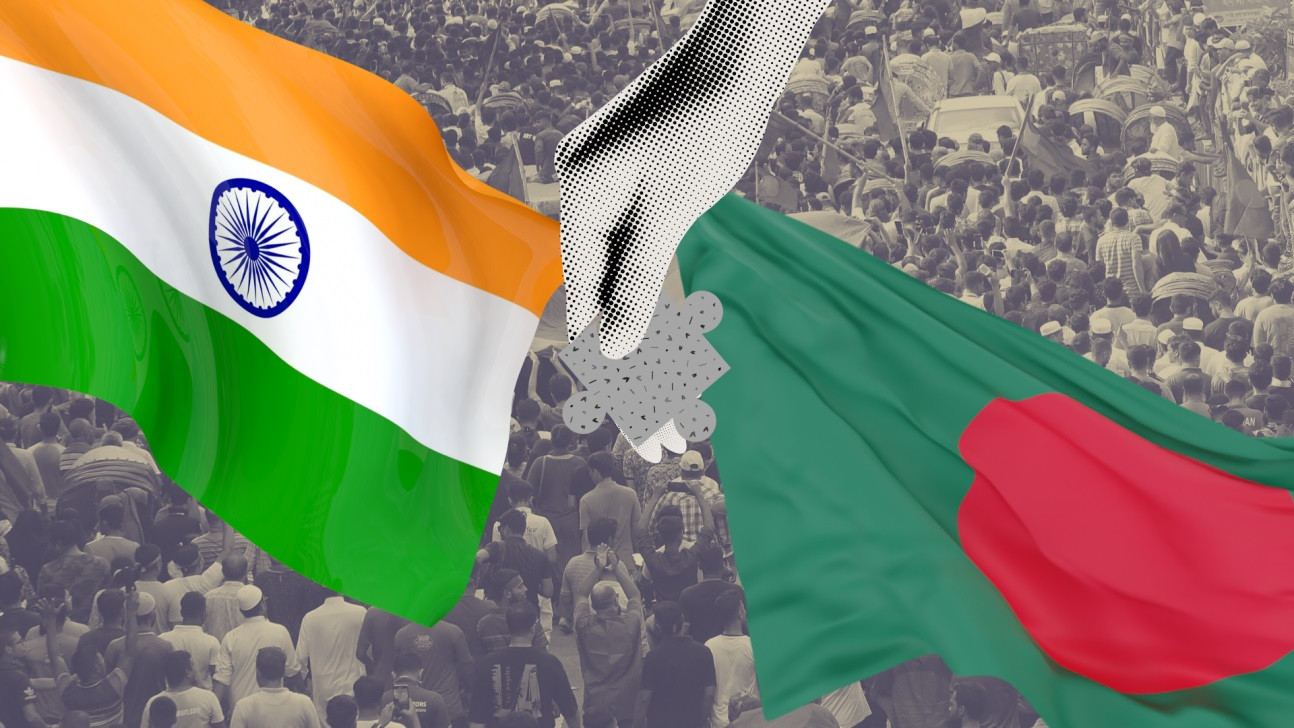BEIJING, March 15 (Xinhua) — Aid offers from many countries have been pouring into Japan to help deal with the aftermaths of one of the most catastrophic earthquakes in human history and an ensuing tsunami that ravaged the country’s northeast last Friday.
The damage caused by the quake defies description. In Miyagi prefecture alone, about 2,000 bodies were found on Monday, with the total number of casualties expected to reach tens of thousands eventually. Over 310,000 victims have taken refuge in public shelters, and another 24,000 are in desperate need of assistance. Nearly 46,000 houses and office buildings were wrecked, and six nuclear power reactors damaged, causing blackouts in Japanese households for the first time since World War II.
The Japanese government has received offers of help from 91 countries, and has accepted those from about 15 countries based on assessed needs. In addition to the five UN Security Council members, the United States, Britain, Russia, China and France, that list also includes countries like Afghanistan and Mongolia, with their due contributions in the fight against the fourth largest earthquake in the world since 1900 and the strongest ever recorded in Japan since 130 years ago.
A huge rescue effort launched by so many countries within so little time — that would hardly be possible without the advantages brought about by the thriving development of modern human technology and economy, and unimaginable without the common determination and sympathy of every human heart when faced by the cruelty of Mother Nature.
“Disasters may bring the most sparkling part out of humankind,” a 46-year-old Japanese woman said after last Friday’s calamity. She had embarked on a six-hour-long odyssey on foot to return to Tokyo on that pitch-black night as the rail traffic was paralyzed by the quake. Along the way, she encountered strangers who offered her drinking water and simple food, along with courage and support.
At critical moments such as these, when natural catastrophes may tip the delicate balance between life and death, as forces mostly beyond our control, we all — regardless of our nation or race — are suddenly strangers no more. It is then that we realize we are sitting in the same boat, and that everyone’s effort is needed to keep the boat moving forward.








